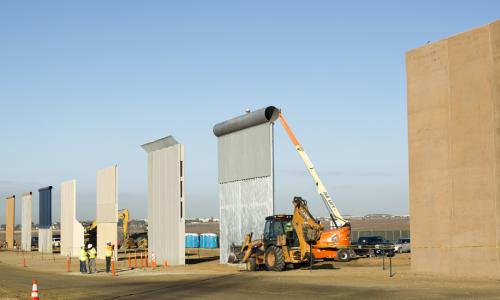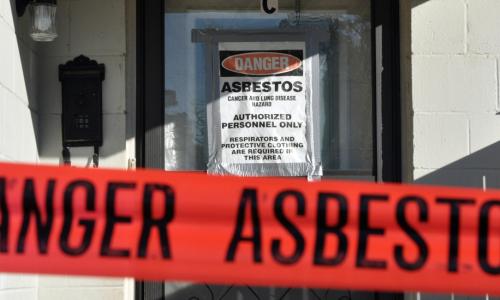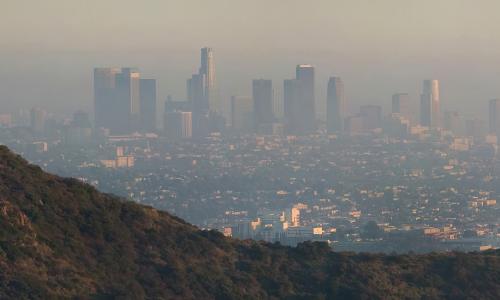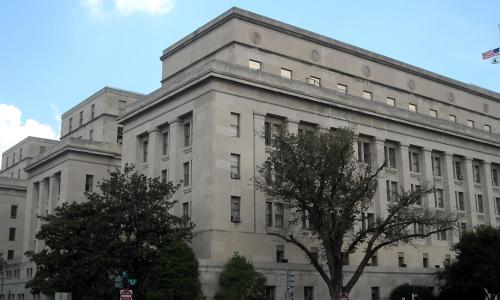Science is at the core of a healthy democracy. But for years, presidential administrations have, in differing ways, sidelined scientific evidence and attacked scientific integrity.
Due to the large number of attacks on science we’re seeing from the second Trump administration, we are currently providing regular summaries of documented attacks.
- The Trump Administration’s Assault on Vaccines Endangers Us All (December 18, 2025)
- The Shutdown Ends, but Threats to Science Go On (November 19, 2025)
- In the Dark: Trump Administration Continues to Cancel and Suppress Information (October 20, 2025)
- As Scientists Raise the Alarm, Trump Administration Attacks Continue (September 15, 2025)
- From the Courtroom to the Internet, the Fight Over Federal Science Is On (July 24, 2025)
- Science Under Fire in Washington (June 12, 2025)
- The State of Science at 100 Days: Co-Opted, Hindered, and Undermined (May 8, 2025)
- A Backward March: Another Month of Attacks on Federal Science (April 2, 2025)
- A Hundred Attacks and Counting: What Happened to Federal Science in February (March 12, 2025)
- How Science Has Fared in the First Two Weeks of the New Trump Administration (January 30, 2025)
Below is the list of documented attacks on science that occurred under the four previous administrations. They include disappearing data, silenced scientists, suppressed studies, and other assaults on science-based policy. More information on these attacks can be found in our peer-reviewed study and in our data repository.
Attacks on science

Trump Administration Hides Oil Exploration Harms to Polar Bears

NIH Labs Banned from Doing Research that Requires Attainment of Human Fetal Tissue

EPA Keeps Data Analysis on Stream and Wetland Protections in the Dark

USDA Increases Line Speeds, Endangering Poultry Processing Plant Workers

The Trump Administration Kept Secrets on Border Wall Harms to the Environment

EPA Ignores Important Exposures to Dangerous Chemicals, Increasing Risk to Public Health

EPA Dissolves Advisory Panel of Scientists with Expertise on a Dangerous Air Pollutant

Trump Administration Priorities Dictate if USGS Scientists Can Present Research at Two Major Conferences

Department of Interior Restricts what Science Can Be Used in Policy Decision-Making Process




